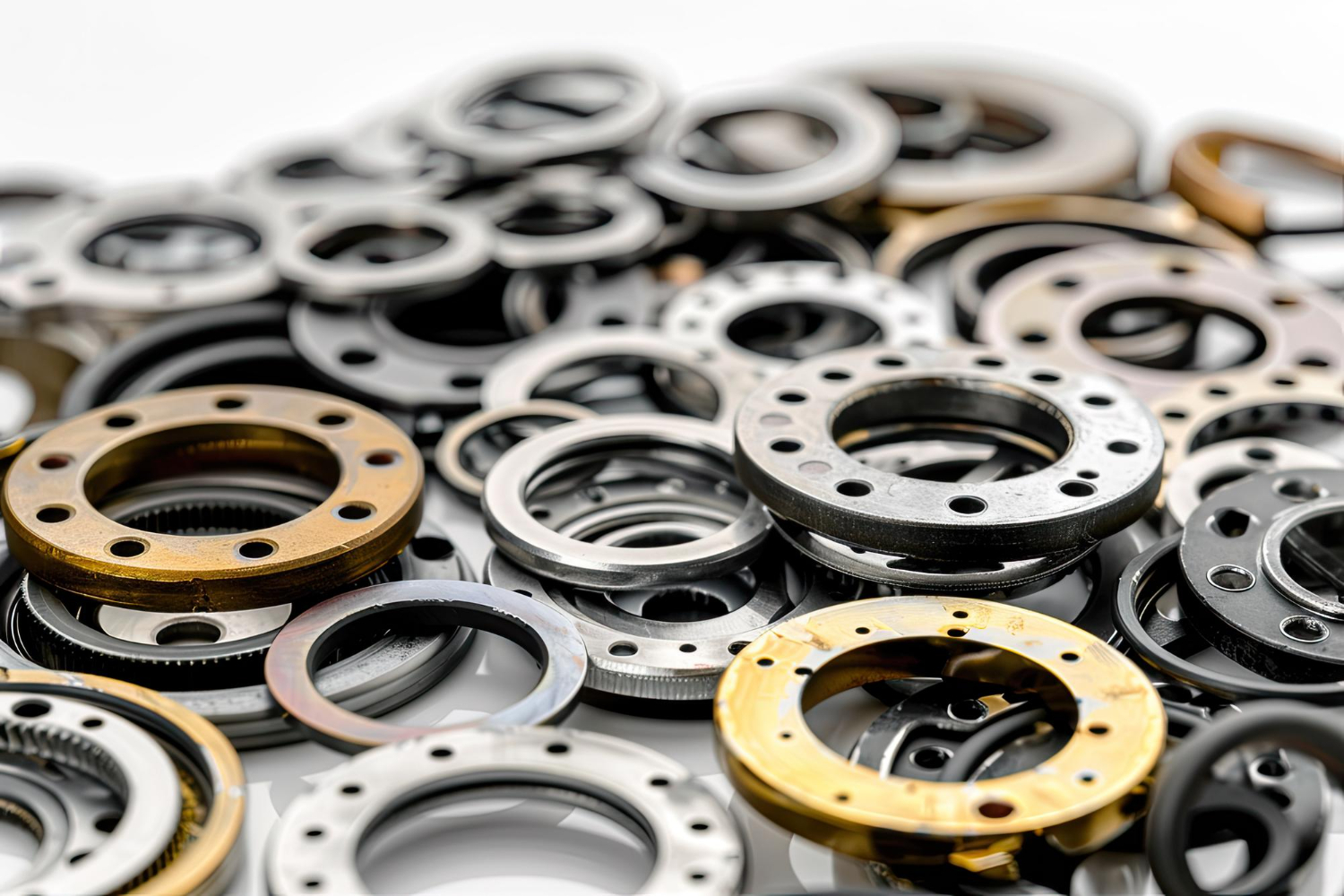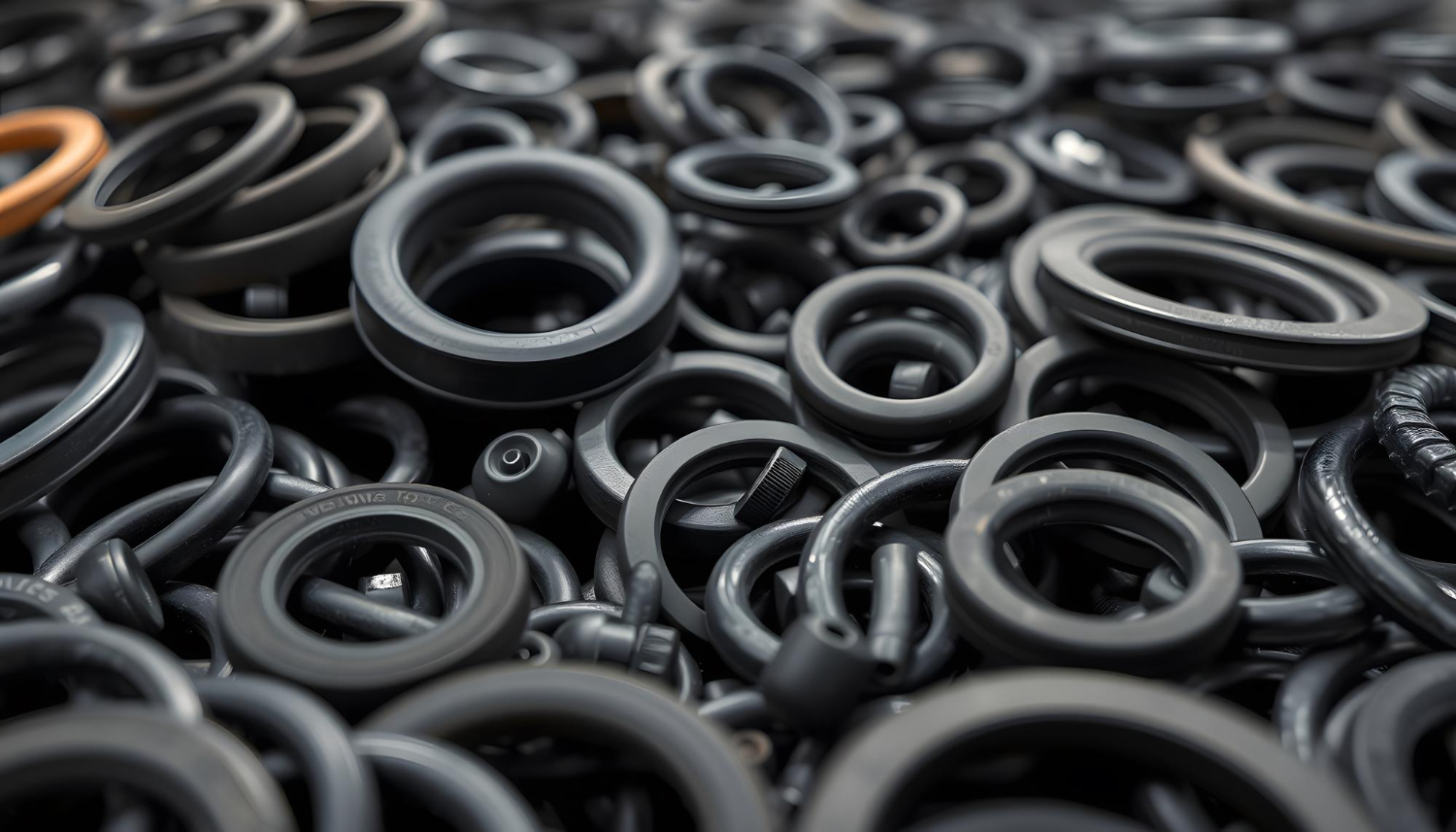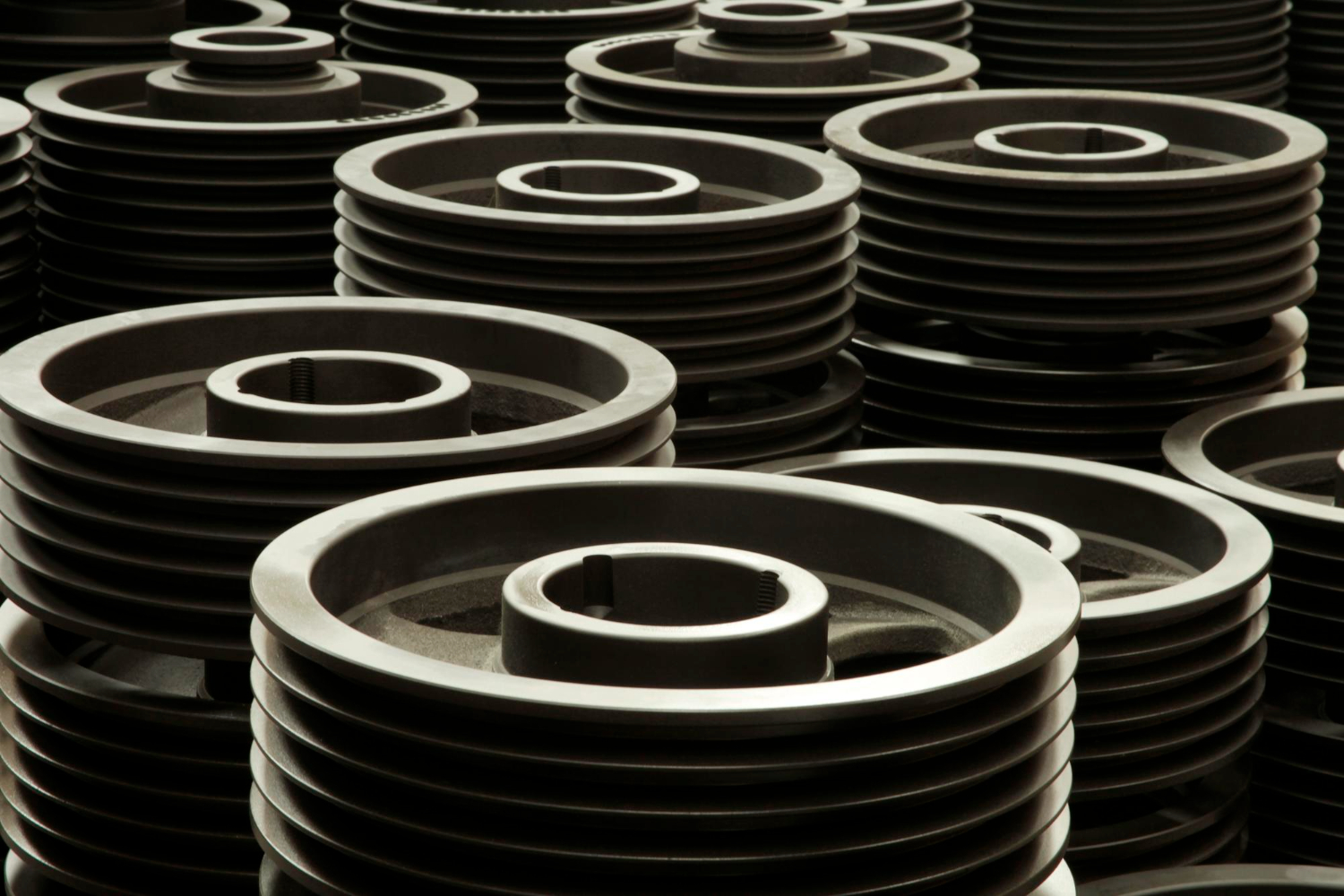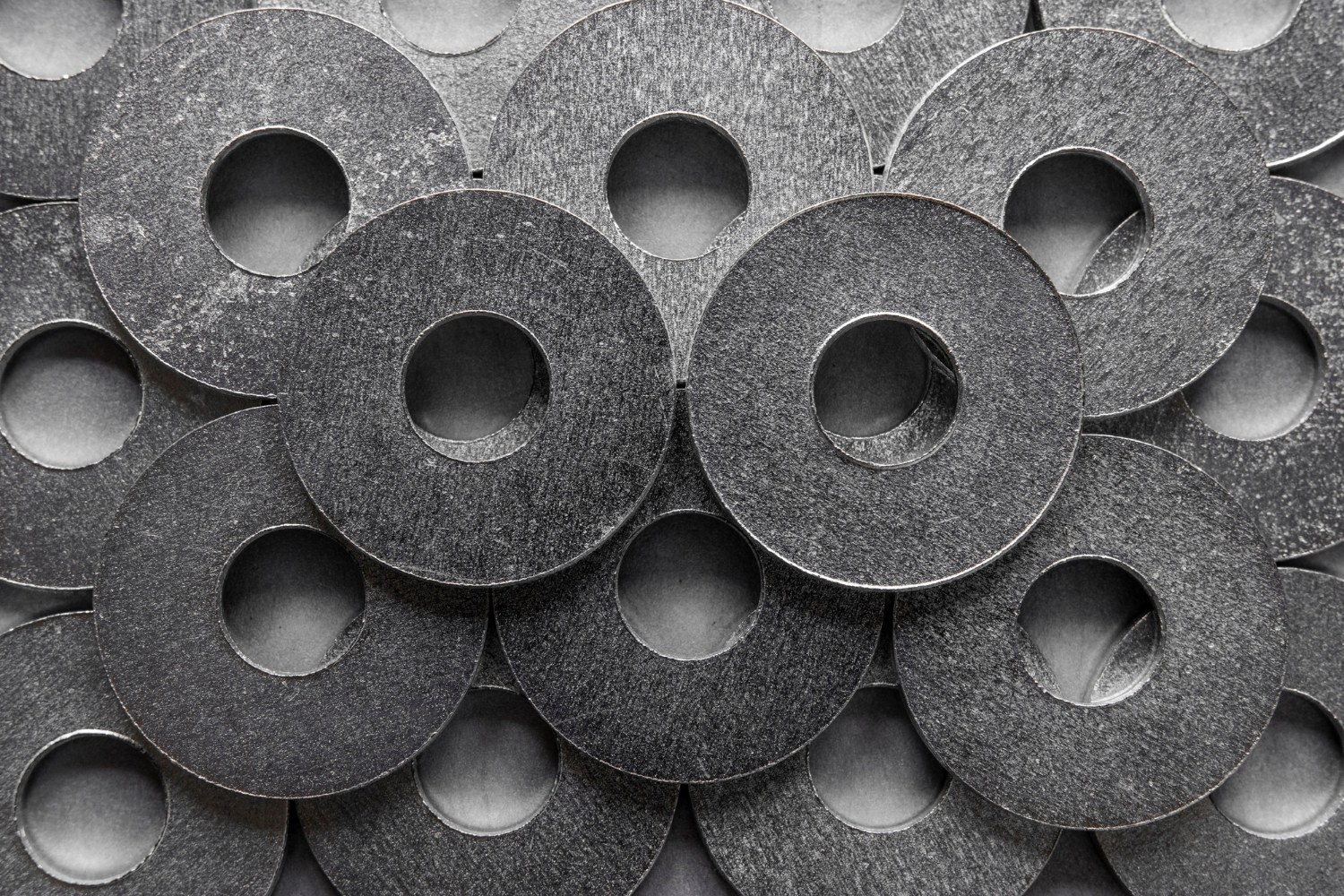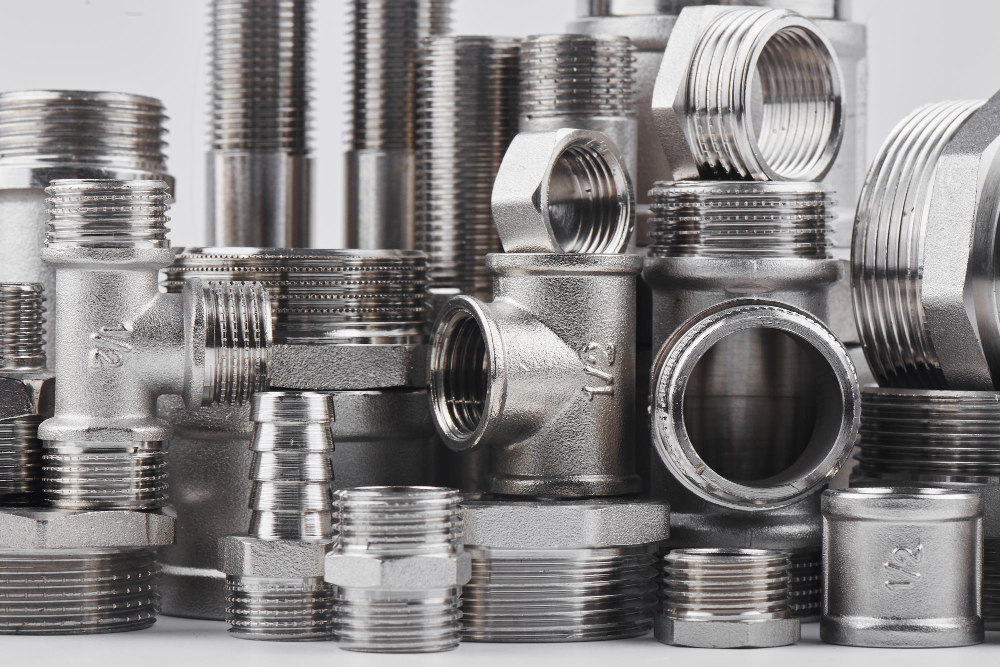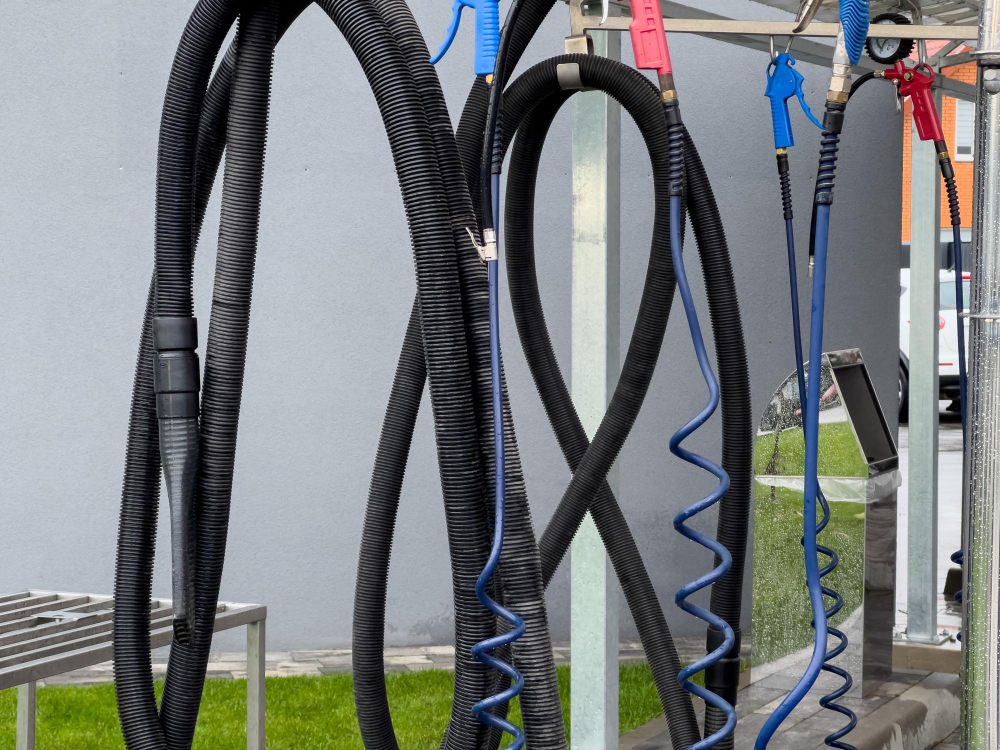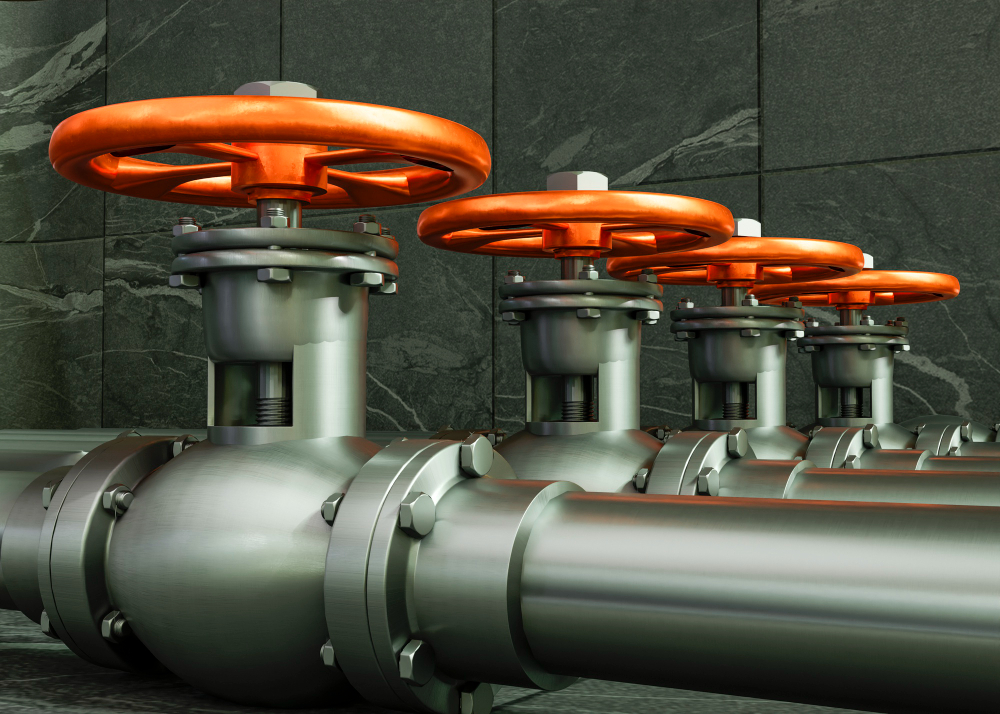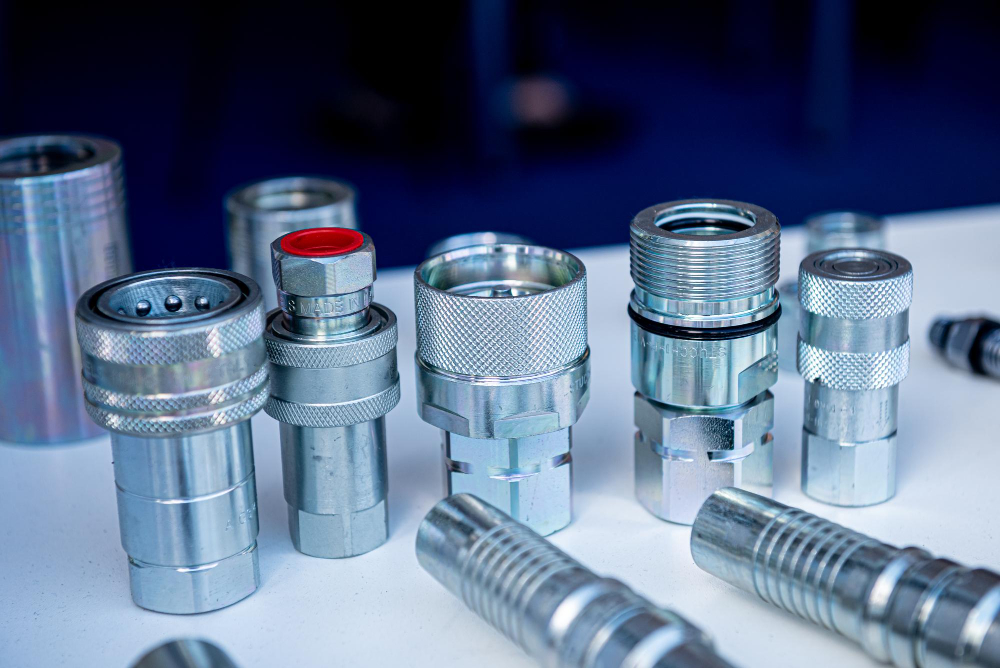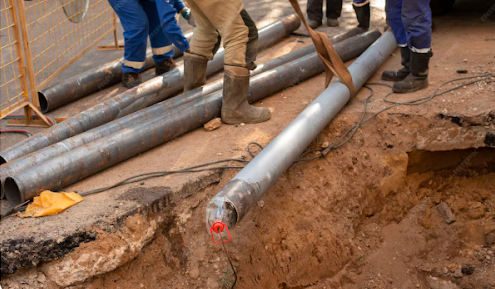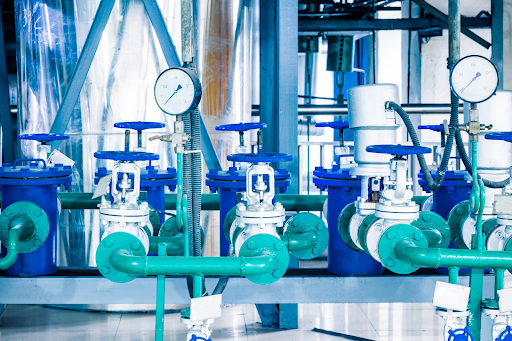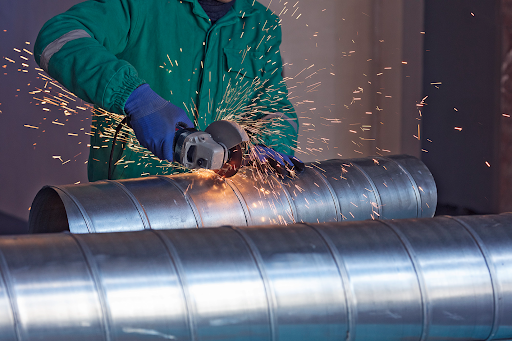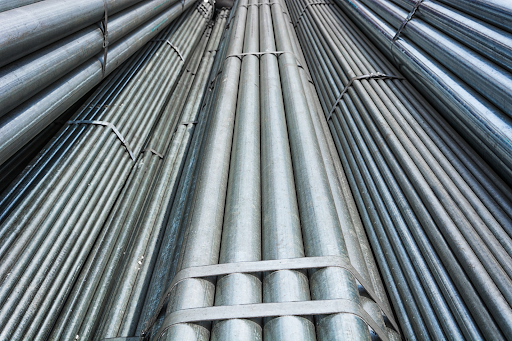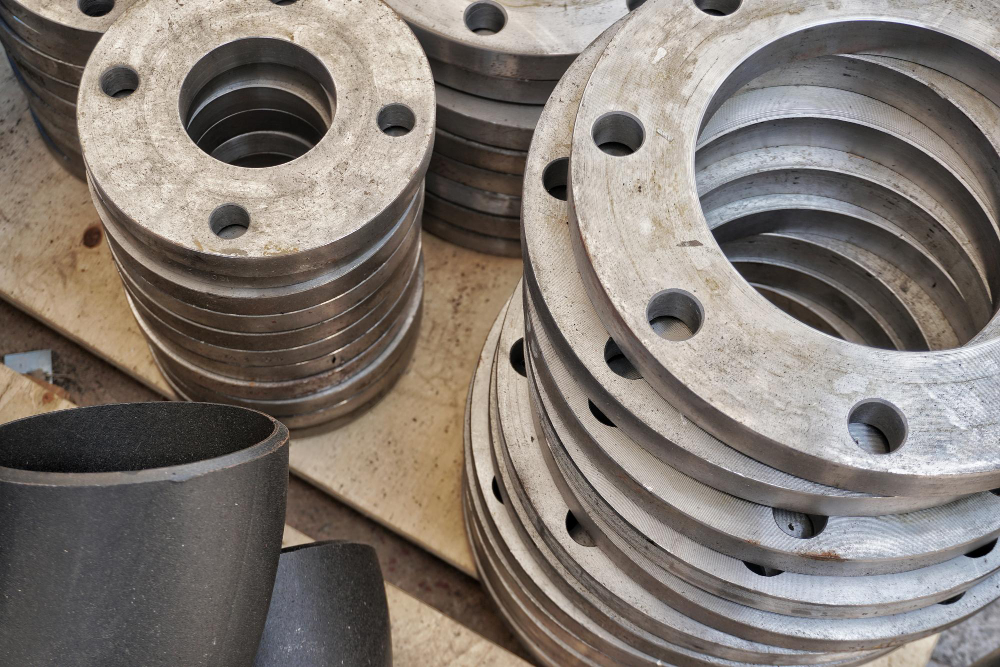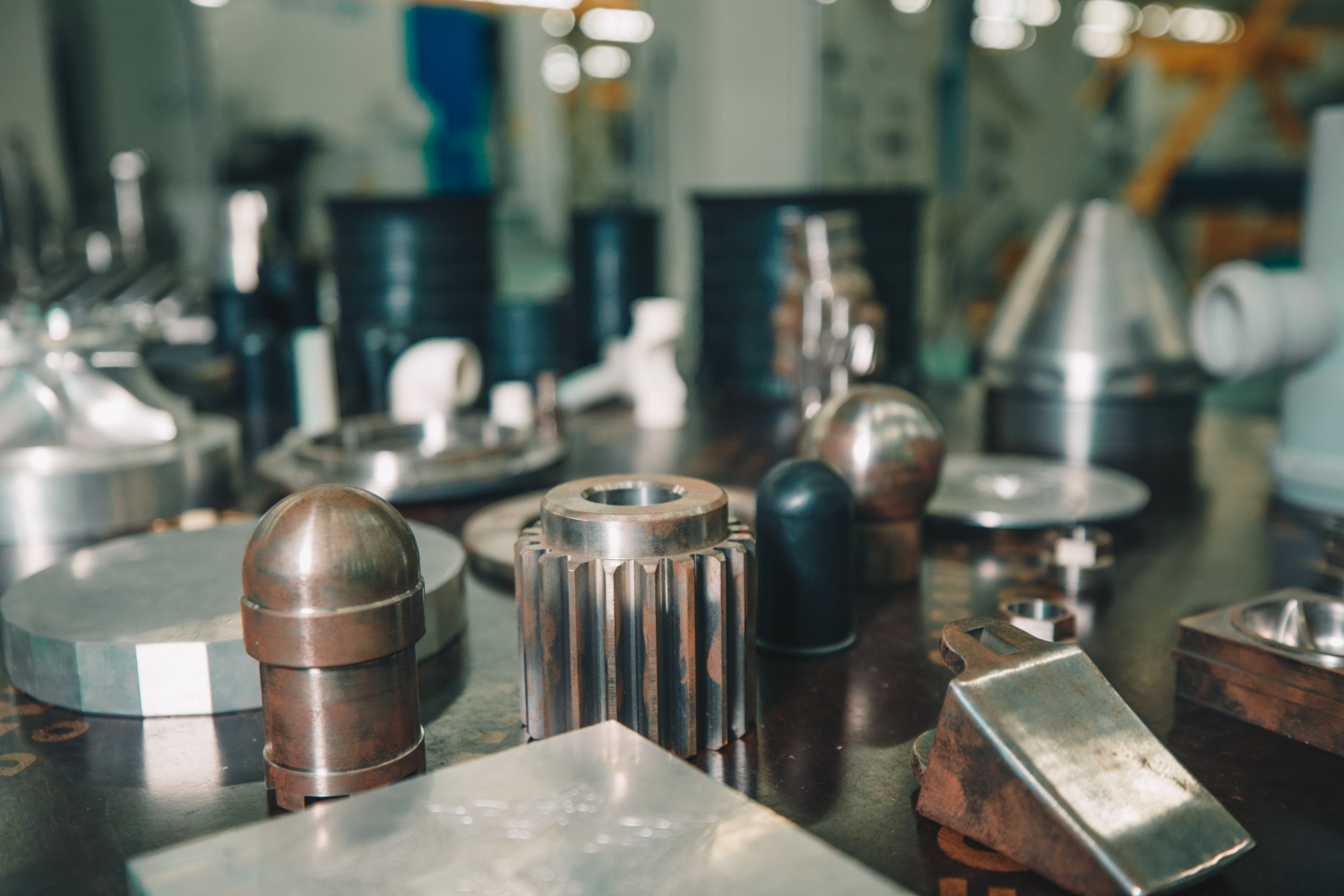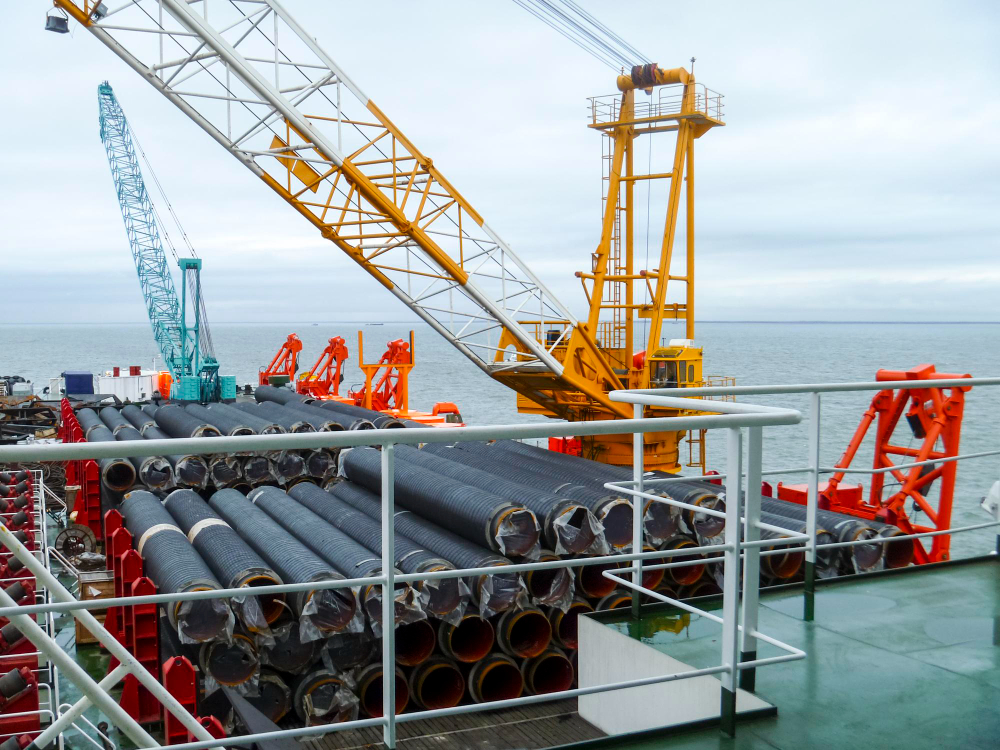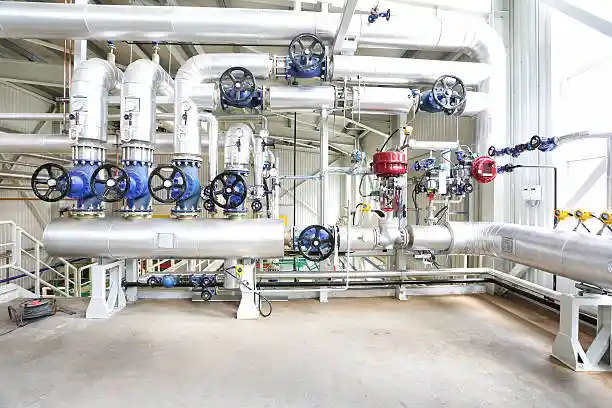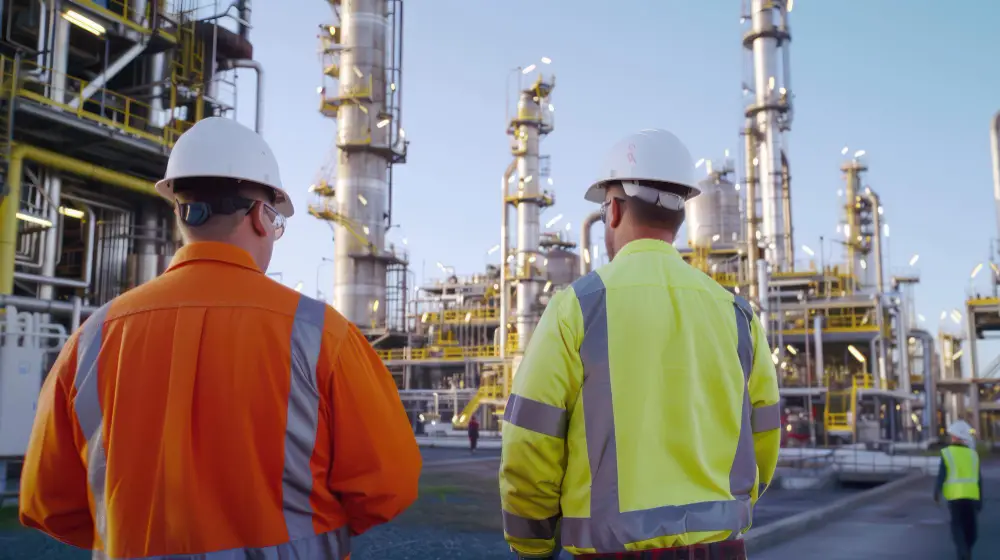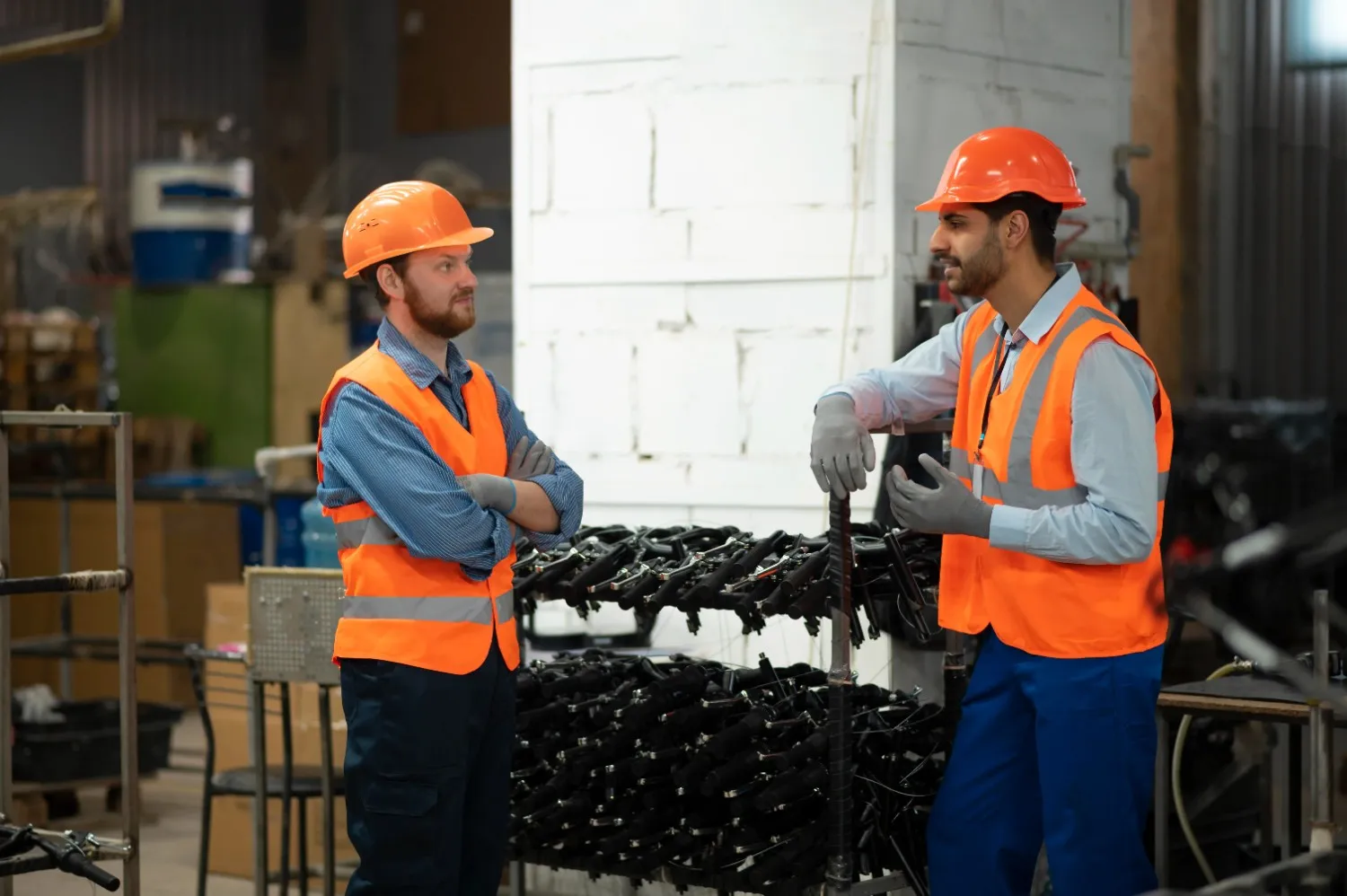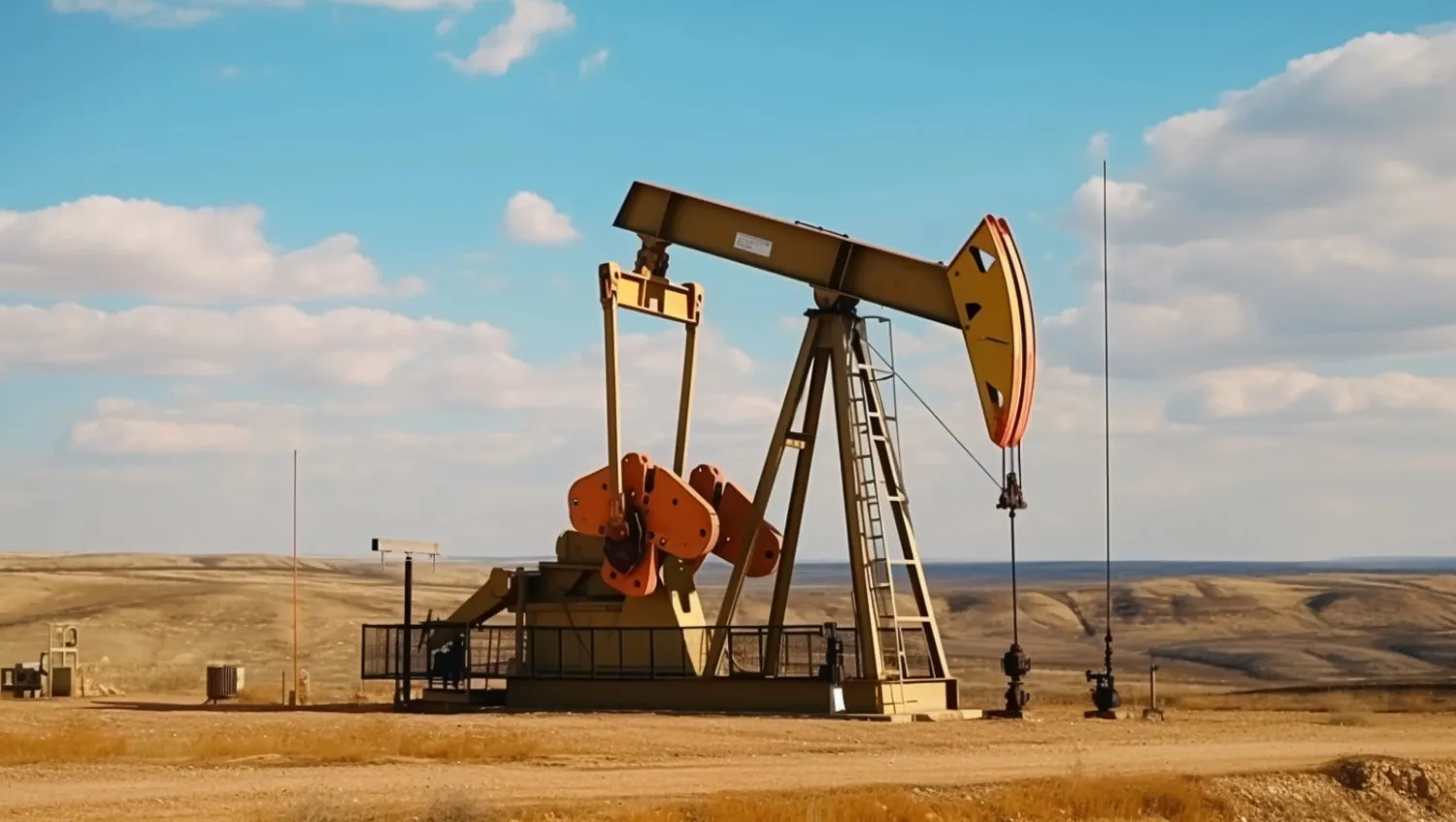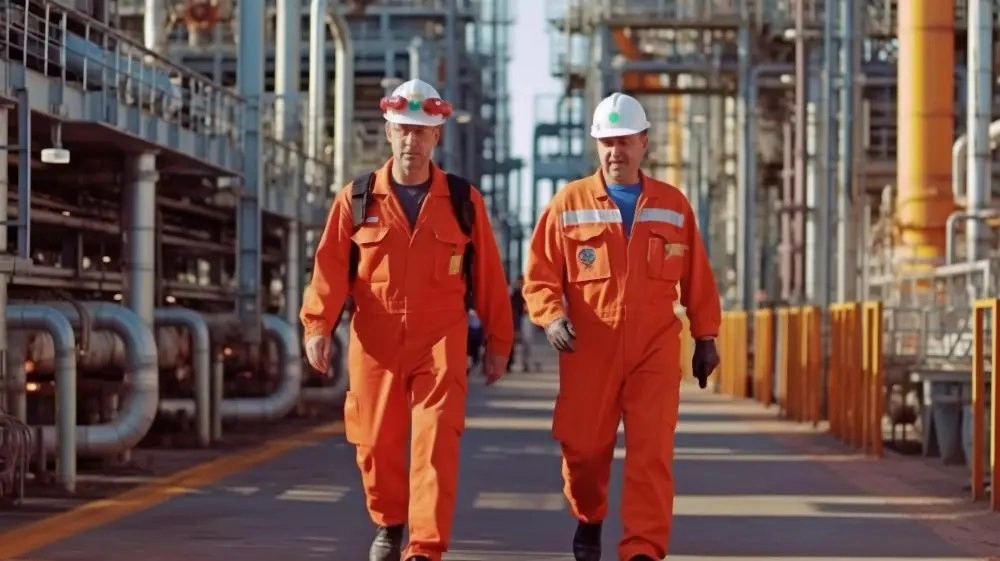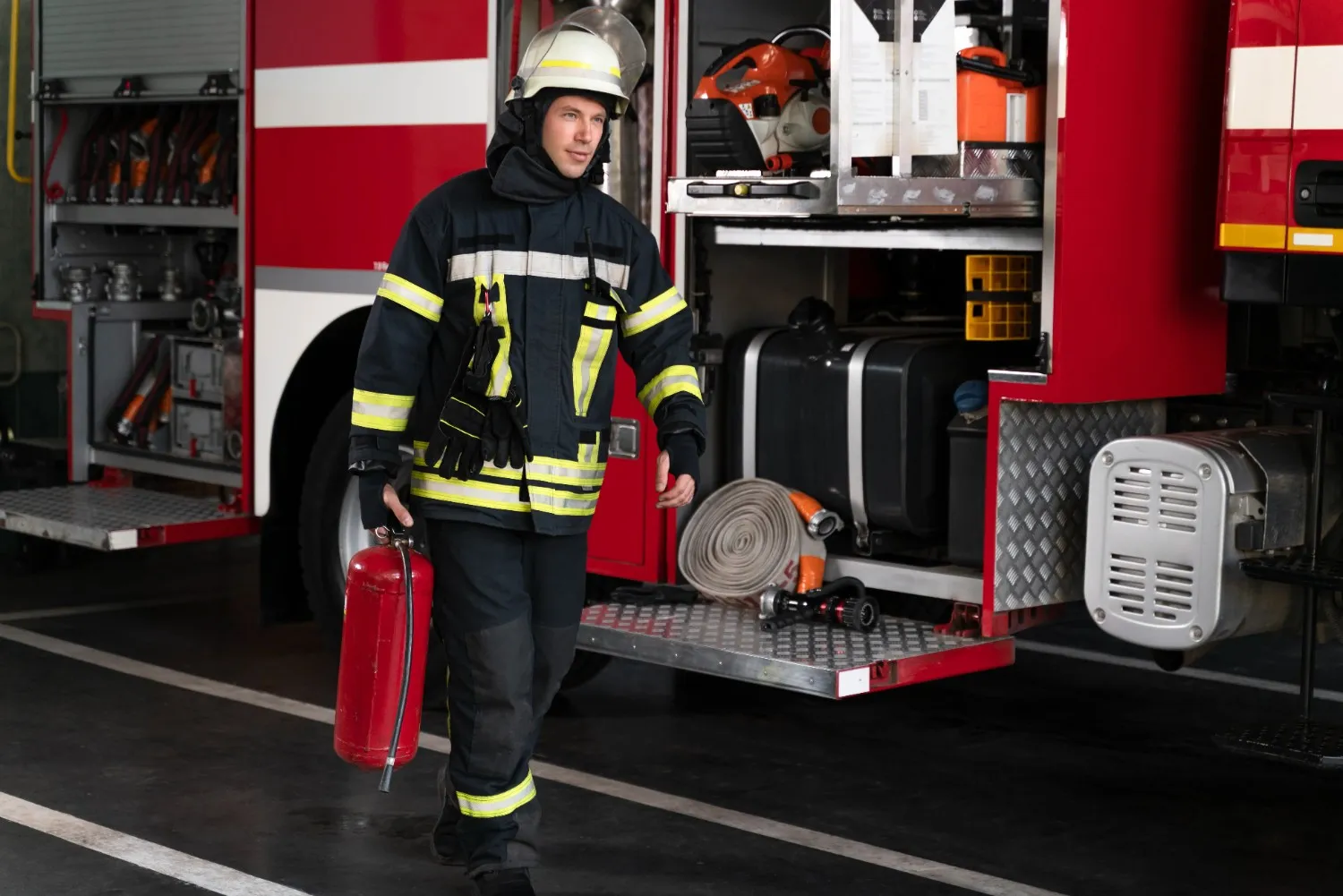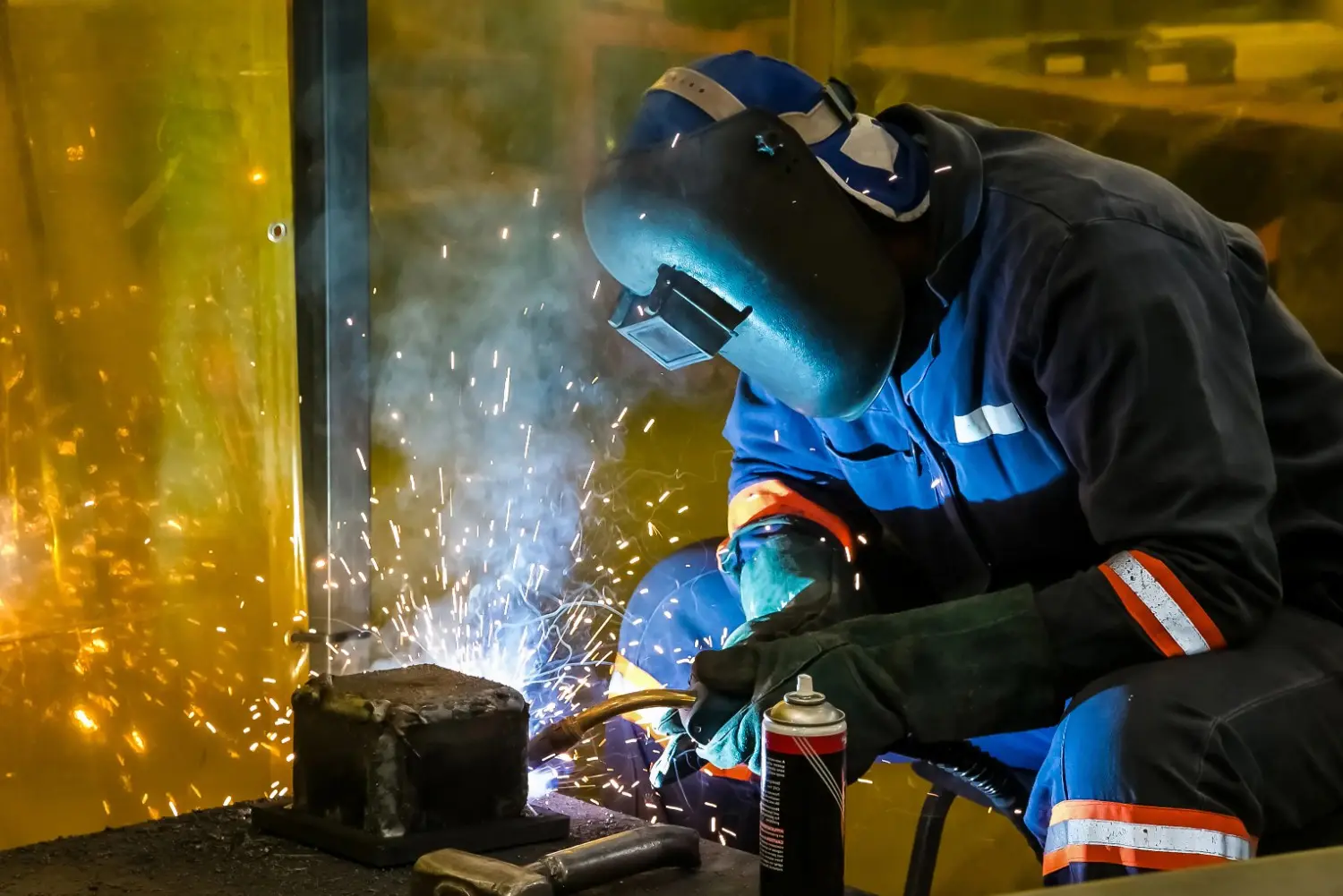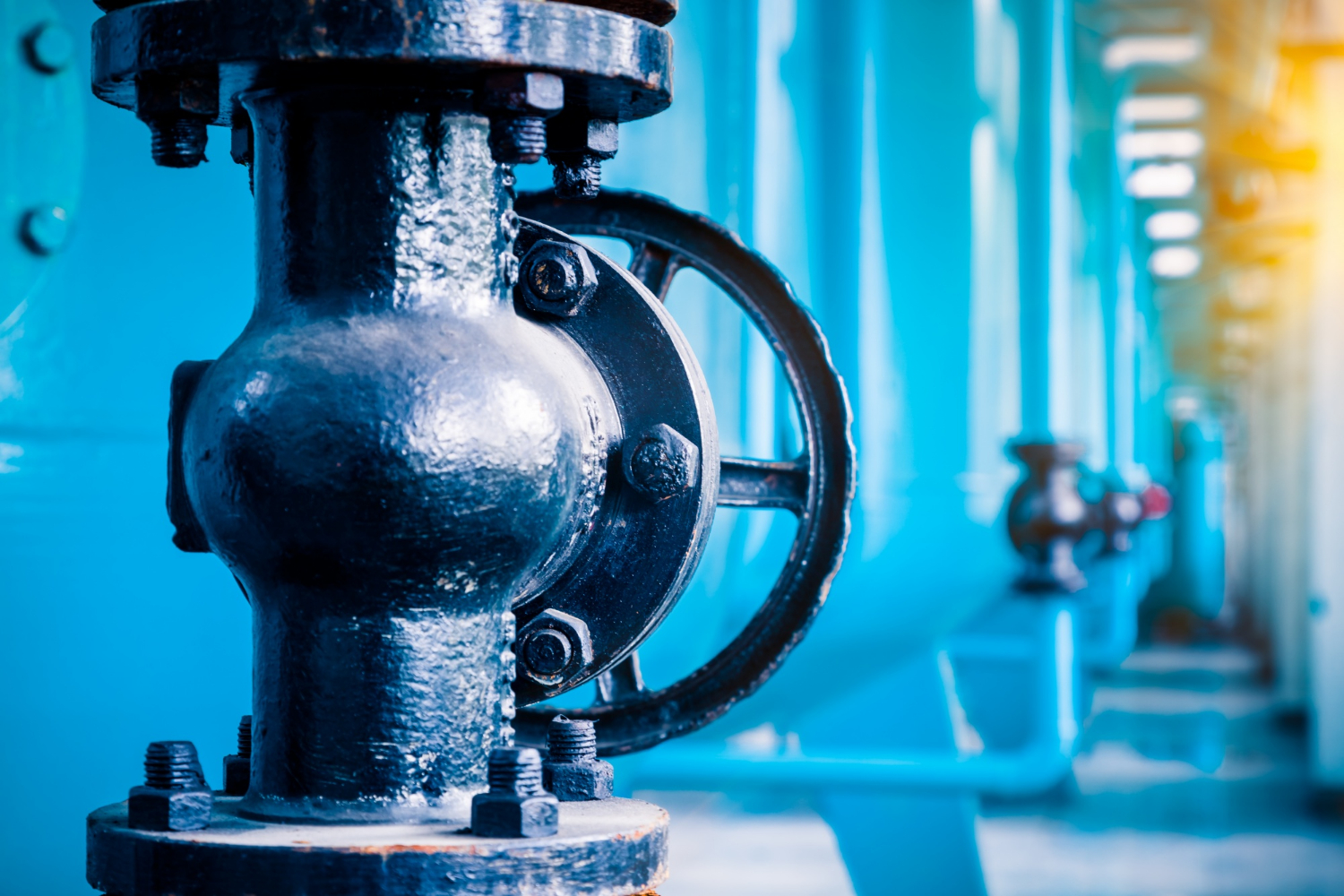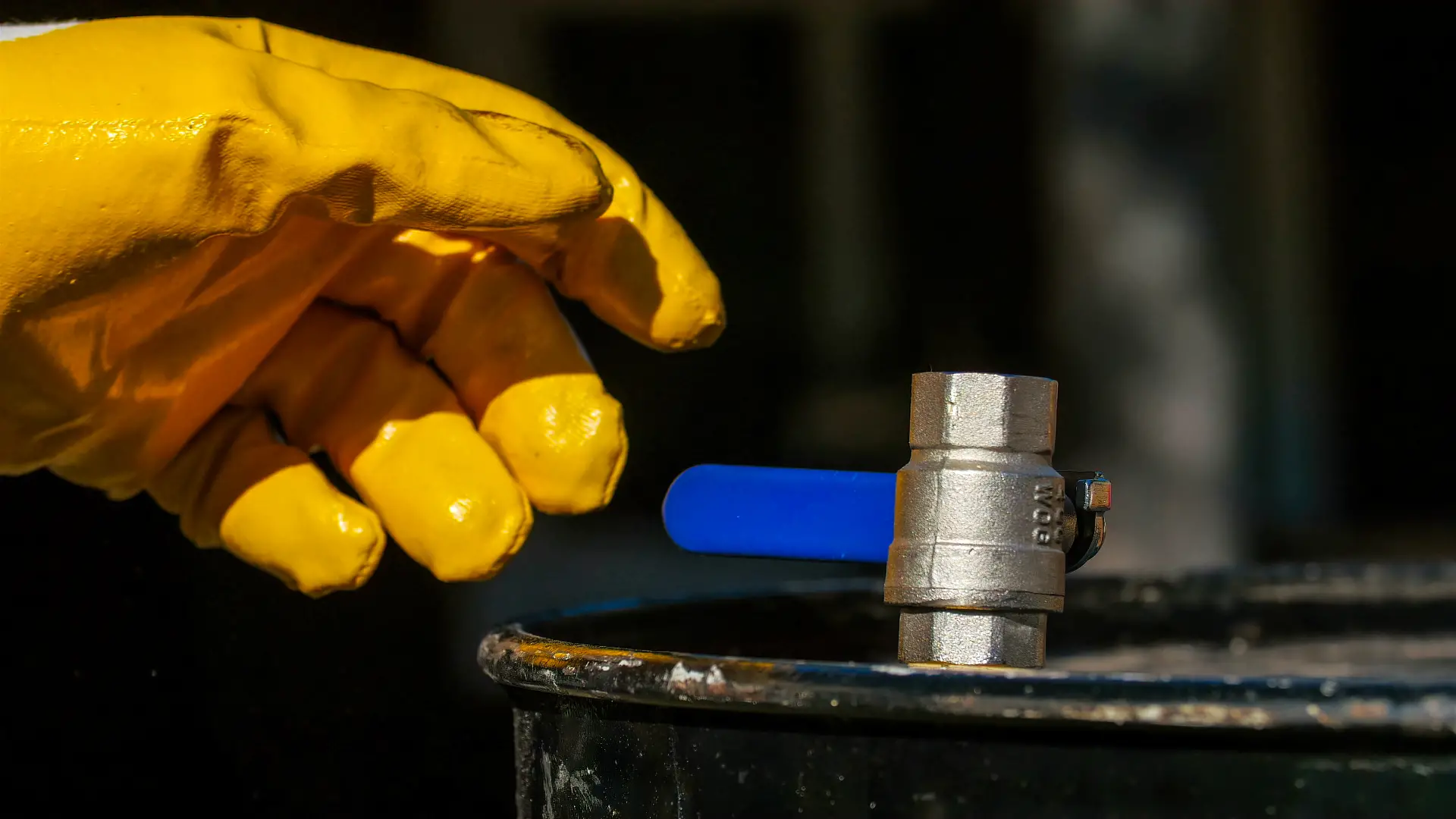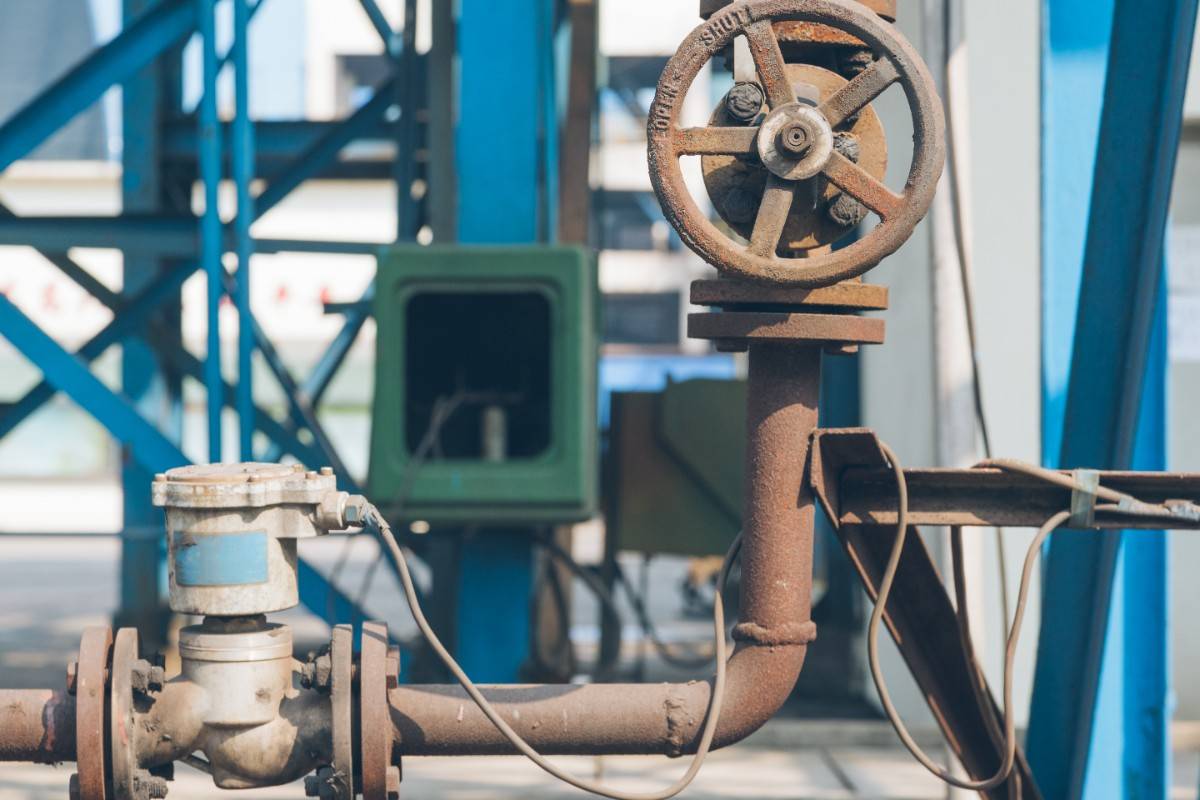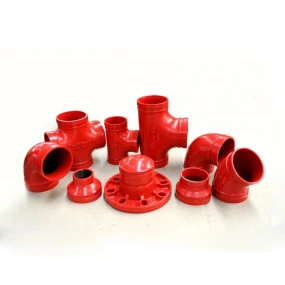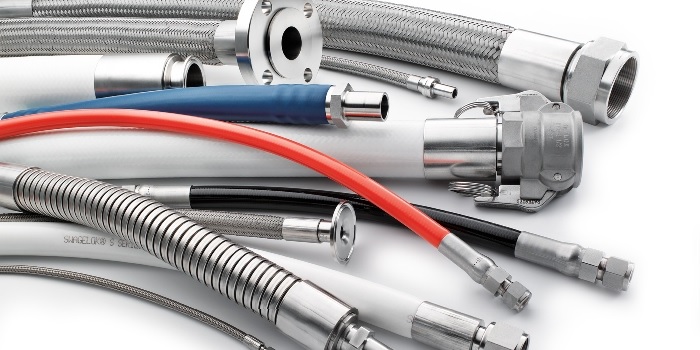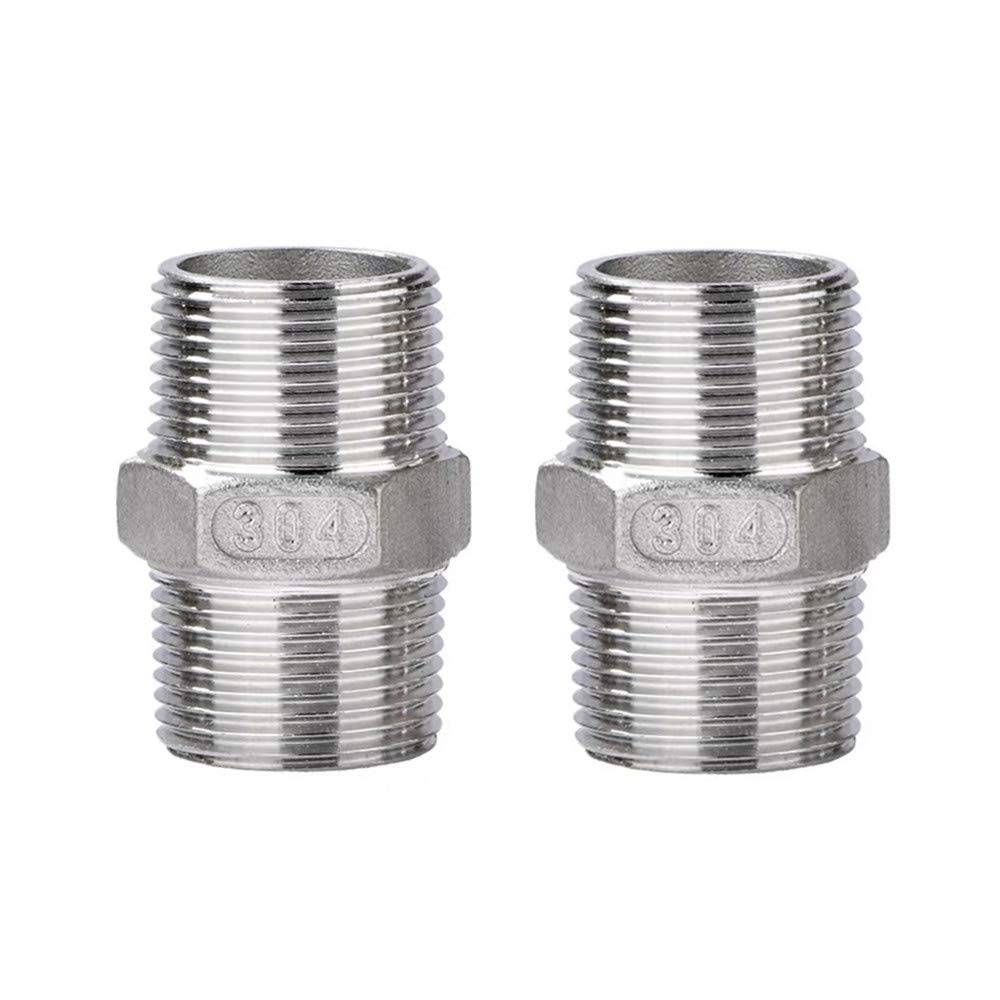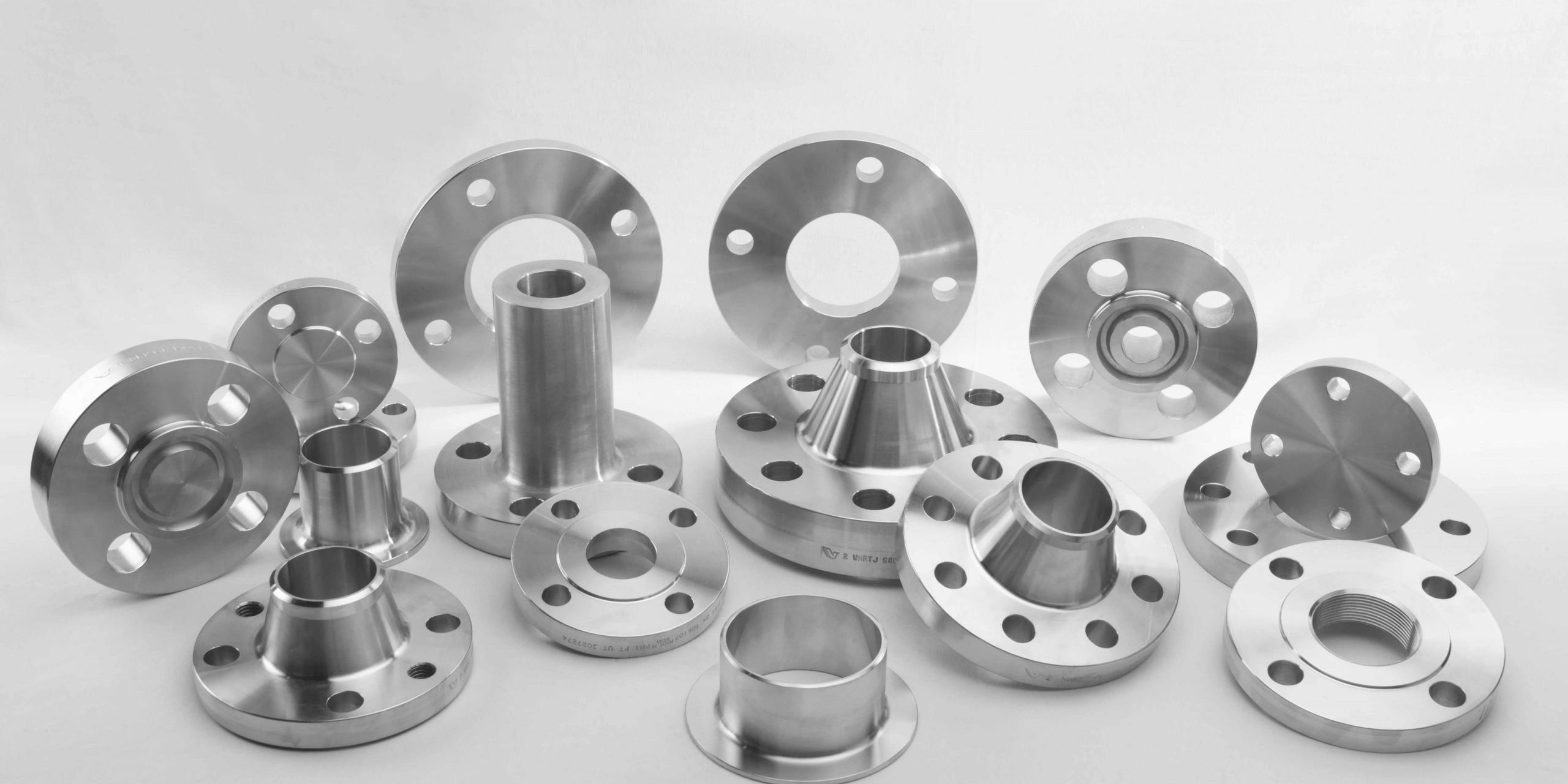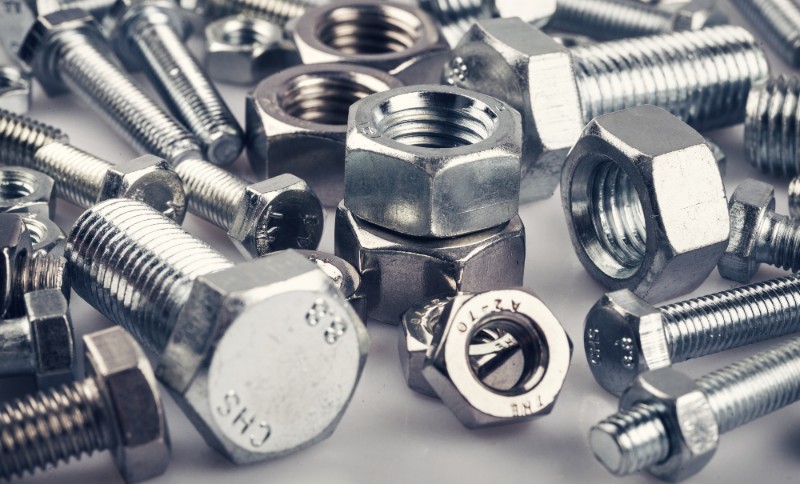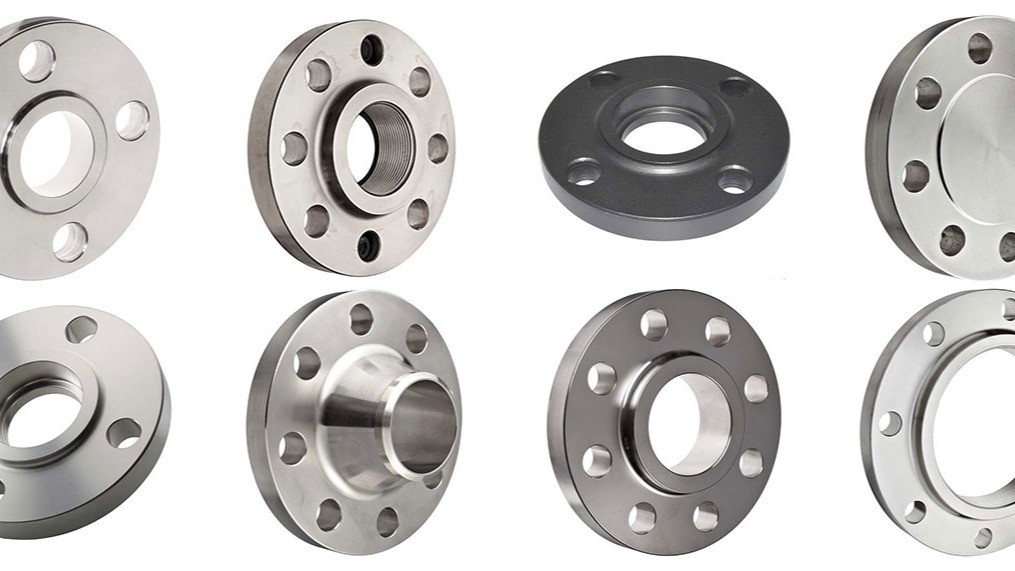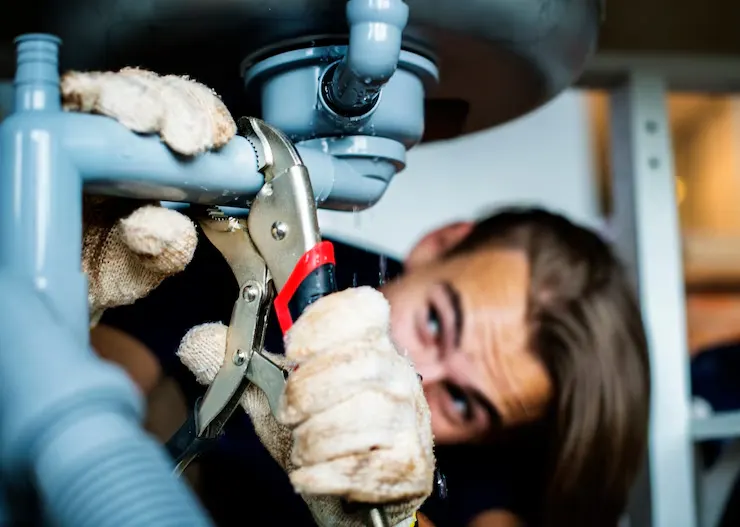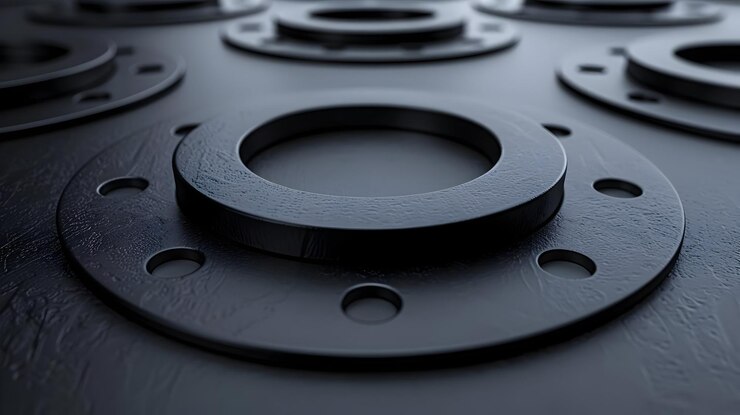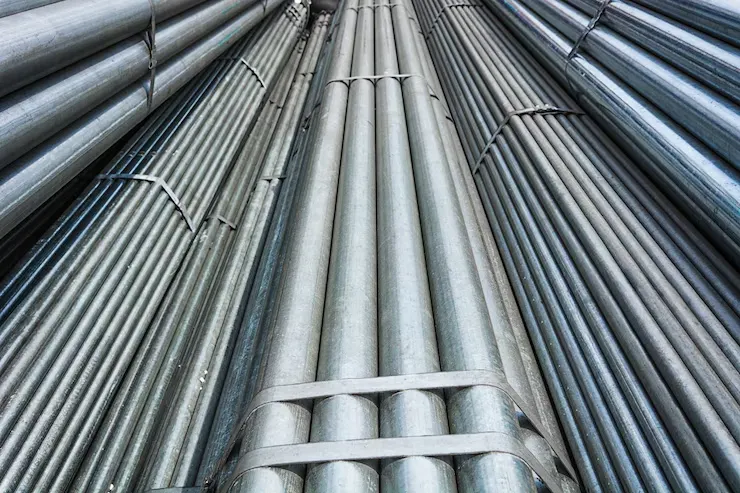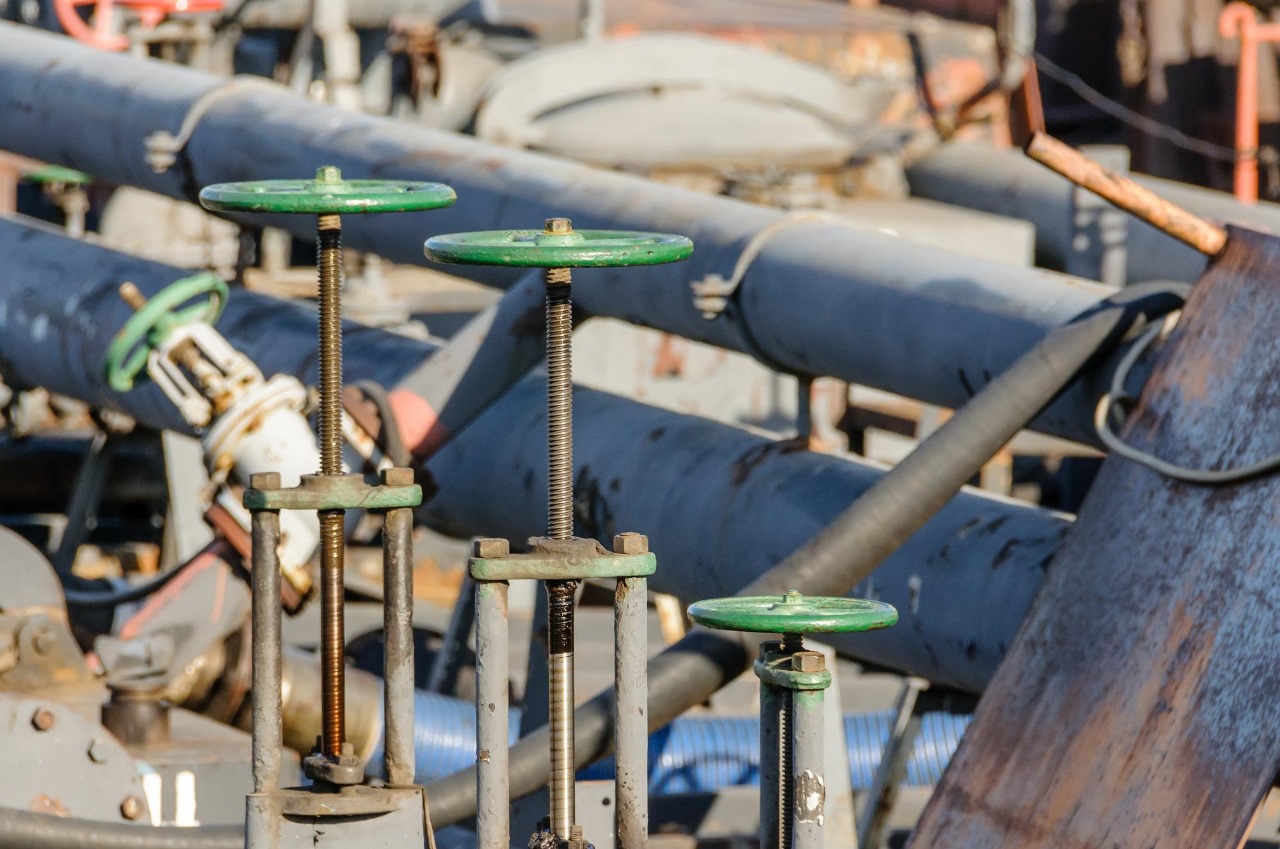
Top 5 Gaskets Used In Oil & Gas Operations
In oil and gas operations, flanges are essential components that connect pipes, valves, pumps, and other equipment, creating a secure and leak-proof pipeline system. The integrity of these connections relies heavily on the quality of the gaskets used to seal the flange faces. Choosing the right gasket ensures operational safety, prevents costly leaks, and enhances the longevity of the entire system under demanding conditions such as high pressure, extreme temperatures, and exposure to corrosive substances.
Alkun Steel, headquartered in the UAE and serving key markets across the GCC, Africa, and India, is a trusted supplier of industrial piping solutions, including a wide range of gaskets designed for oil and gas applications. In this blog, you’ll discover the top 5 gaskets used in oil and gas operations, along with their key features and benefits. Whether you’re an engineer, procurement specialist, or decision-maker, this guide will help you understand the types of gaskets for oil and gas industry needs and why Alkun Steel is your reliable partner for quality sealing solutions.
Gaskets And Their Uses In Oil & Gas Piping Systems
Gaskets play a crucial role in the oil and gas industry by providing a tight seal between flange connections, preventing leaks of hazardous fluids and gases. They act as a barrier that compensates for surface irregularities and withstands extreme operating conditions, such as high pressures, temperature fluctuations, and exposure to corrosive chemicals. The selection of the right gasket type is critical to maintaining system integrity and safety compliance in oil and gas pipelines and processing facilities.
There are various gasket types in oil and gas, each designed to meet specific pressure, temperature, and chemical resistance requirements. Common gaskets used in the oil and gas industry include full-face gaskets, non-asbestos gaskets, ring joint gaskets, spiral-wound gaskets, and metallic gaskets. Understanding the distinct properties and suitable applications of these gasket types is essential to optimize performance and prevent costly downtime in oil and gas operations.
Top 5 Gaskets By Alkun Steel for Oil & Gas Operations
When it comes to gaskets for oil and gas applications, selecting the right product is vital for ensuring safety, durability, and efficiency. Alkun Steel offers a range of high-quality gaskets engineered to meet the demanding conditions of oil and gas pipelines and equipment. Below are the top 5 gasket types supplied by Alkun Steel, each designed with specific features and materials to suit various sealing needs in the oil and gas industry.
1. Full-Face Gaskets
Full Face Gaskets cover the entire flange face, providing a broad sealing surface that helps compensate for flange imperfections and ensures a tight seal. These gaskets are commonly made from non-metallic materials like graphite or PTFE and sometimes reinforced with metal for added strength.
Key Features:
- Suitable for low to moderate pressure applications
- Available in various sizes complying with industry standards such as ANSI and API
- Resistant to a range of chemicals and temperature conditions
They provide reliable sealing in many standard oil and gas piping systems, making them a cost-effective choice for applications that require consistent performance without extreme pressure demands.
2. Non-Asbestos Gaskets
Non-Asbestos Gaskets are modern sealing solutions that avoid the health risks of asbestos while offering excellent thermal stability and chemical resistance. Made from aramid fibers combined with fillers and binders, they deliver strong sealing performance in harsh environments.
Key Features:
- High resistance to heat and pressure
- Compatible with various oils, gases, and chemicals
- Environmentally safer alternative to asbestos gaskets
Ideal for oil and gas pipelines requiring safe and effective sealing materials that meet modern safety standards without compromising on durability.
3. Ring Joint Gaskets
Ring Joint Gaskets are precision metal rings designed to fit into specifically machined flange grooves. They provide a superior metal-to-metal seal that can withstand very high pressures and temperatures.
Key Features:
- Made from soft iron, stainless steel, or copper alloys
- Designed for high-pressure, high-temperature applications
- Compliant with API and ASME standards
Their robust sealing capabilities make them essential for critical oil and gas equipment such as valves, pressure vessels, and pipeline flanges.
4. Spiral-Wound Gaskets
Spiral Wound Gaskets consist of alternating layers of metal and filler material (usually graphite or PTFE), wound into a spiral form. This design offers exceptional flexibility and resilience to thermal cycling.
Key Features:
- Suitable for a wide range of temperatures and pressures
- Resistant to mechanical stress and chemical corrosion
- Available with inner and outer rings for enhanced stability
Their versatility and durability make them a popular choice for demanding oil and gas sealing applications involving thermal fluctuations and high pressures.
5. Metallic Gaskets
Metallic Gaskets include pure metal or metal-core designs with soft facings, engineered for extreme conditions such as very high pressure, temperature, and corrosive environments.
Key Features:
- Made from stainless steel, copper, or nickel alloys
- Excellent mechanical strength and longevity
- Ideal for harsh and critical service conditions
They offer unmatched durability and performance for the most challenging oil and gas environments, including refineries and subsea pipelines.
Comparison Of Top 5 Industrial Gaskets By Alkun Steel
| Specification | Full-Face Gaskets | Non-Asbestos Gaskets | Ring Joint Gaskets | Spiral-Wound Gaskets | Metallic Gaskets |
| Material | Graphite, PTFE, reinforced composites | Aramid fibers, fillers, rubber/PTFE binders | Soft iron, stainless steel, copper alloys | Metal (stainless steel) + graphite or PTFE filler | Stainless steel, copper, nickel alloys |
| Pressure Class | Class 150–600 | Class 150–300 | Class 600 and above | Class 150–2500 | Class 150–2500 |
| Temperature Range | -40°C to 450°C | -100°C to 450°C | Up to 550°C | -200°C to 600°C | -200°C to 700°C |
| Standards | ANSI B16.5, API 601, DIN EN 1514 | API 601, ASTM F104, ISO 9001 | API 6A, ASME B16.20 | API 601, ASME B16.20 | ASME B16.20, API 6A |
| Connection Type | Flanged pipe connections | Flanged pipe connections | Flanged with ring joint groove | Flanged pipe connections | Flanged pipe connections |
| Primary Use | General purpose sealing in pipelines, valves | General sealing in oil & gas pipelines | High-pressure, high-temperature critical flanges | Versatile sealing for thermal cycling & pressure | Extreme conditions in refineries, subsea, reactors |
Why Choose Alkun Steel For Your Oil & Gas Gasket Needs
Choosing the right supplier is as important as selecting the right gasket type for oil and gas applications. Alkun Steel, based in the UAE and serving clients across the GCC, Africa, and India, stands out as a trusted partner for industrial piping solutions. Their extensive product range, including top-quality gaskets designed specifically for the oil and gas industry, ensures reliable sealing solutions that meet stringent industry standards.
With a strong focus on quality, compliance, and customer service, Alkun Steel provides gaskets for oil and gas applications that offer durability, safety, and performance. Their deep understanding of regional market needs, combined with strategic warehousing and logistics capabilities, enables timely delivery and support across multiple geographies. When you choose Alkun Steel, you get not only premium gasket products but also expert guidance tailored to the unique demands of oil and gas operations.
Conclusion
In oil and gas operations, the importance of selecting the right types of gaskets for the oil and gas industry cannot be overstated. From full-face and non-asbestos gaskets to ring joint, spiral-wound, and metallic varieties, each gasket type serves a specific role in maintaining system integrity under challenging conditions. Understanding these gasket types in oil and gas helps ensure safer, more efficient pipeline and equipment performance.
Alkun Steel’s comprehensive range of gaskets, combined with their regional expertise and commitment to quality, makes them a reliable choice for oil and gas companies across the GCC, UAE, Africa, and India. For industry professionals seeking high-performance sealing solutions tailored to their operational requirements, Alkun Steel offers both the products and the partnership needed for success.
FAQs
- What are the most common types of gaskets used in oil and gas operations?
The most common types include full-face, non-asbestos, ring joint, spiral-wound, and metallic gaskets.
- Why is gasket selection important in the oil and gas industry?
Proper gasket selection ensures leak-proof sealing, safety, and reliability under extreme pressure and temperature conditions.
- Are non-asbestos gaskets suitable for oil and gas applications?
Yes, non-asbestos gaskets offer excellent chemical resistance and thermal stability, making them a safe alternative in many oil and gas systems.
- What makes ring joint gaskets ideal for high-pressure environments?
Their metal-to-metal seal design withstands very high pressures and temperatures, making them suitable for critical pipeline and equipment connections.
- Can spiral-wound gaskets handle thermal cycling in oil and gas systems?
Yes, spiral-wound gaskets are designed to flex and maintain seals during thermal expansion and contraction.
- Where are Alkun Steel’s gaskets available?
Alkun Steel supplies high-quality gaskets across the UAE, GCC countries, Africa, and India.
- How do I choose the right gasket for my oil and gas application?
Consider the operating temperature, pressure, chemical exposure, and industry standards; consulting with suppliers like Alkun Steel can help you select the best gasket.
Related Articles
Stainless Steel Buttweld Fittings For Offshore Shipbuilding And Platform Piping
Read MoreIndustrial Valves, Hoses & Gaskets: Alkun Steel’s Solutions for the Tanks & Pumps Industry
Read MoreCorrosion-Resistant Valves, Flanges & Joints: Alkun Steel’s Petrochemical Solutions
Read MoreWhy Alkun Steel Is A Reliable Supplier Of Essential Products In The Oil Drilling & Rig Industry
Read MoreReliable Industrial Components For Fire Fighting Applications: Alkun Steel’s Trusted Solutions
Read MoreWhy Alkun Steel Is A Reliable Supplier Of Essential Products In The Fabrication Industry
Read MoreIndustrial Valves, Hoses & Gaskets: Alkun Steel’s Solutions For Aviation Maintenance
Read MoreBest Weld Neck, Slip-On, And Blind Flanges For Critical Oil & Gas Connections
Read MoreBest Industrial Fasteners for Heavy Equipment Assembly and Structural Steel Projects
Read More